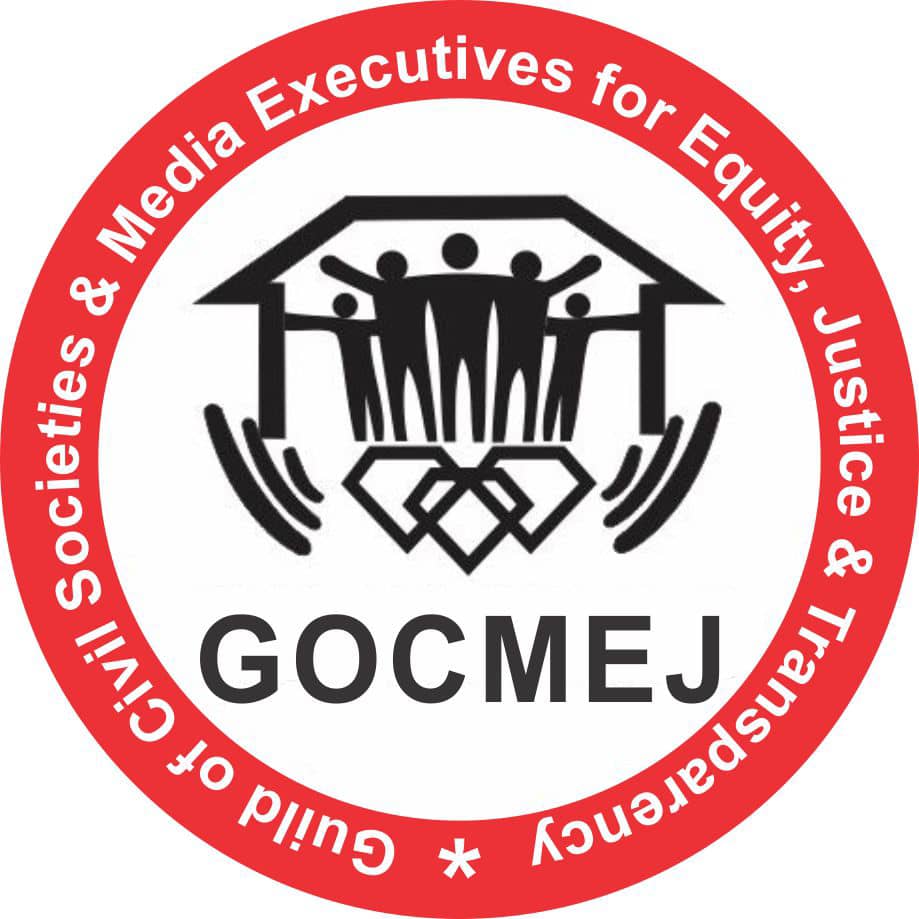On March 26, 2022, at the Eagle Square, Abuja, the All progressives Congress (APC) re-invented and enshrined the military regime policy of the past under the administrations of Gen. Ibrahim Babagida and General Sani Abacha by initiating the “consensus candidacy,” which had brought untold hardships to Nigerians and the country to where we are today.
This nomenclature and cliche have been with us for long pretending that it is apt for our internal party democracy where the best of candidate is ditched for a charade or selected appointee against competence and the best is left in the lurch and disregarded for being the best.
It will be suicidal this time around if both APC and Peoples Democratic Party (PDP) – the ruling and opposition parties – settle for a consensus candidate at this time in Nigeria’s history without the benefit of articulating a vision of how to get the country out from the abyss and current predicament or circumstances allowing few leaders to judge and handpick a select few against internal party mechanism.
Nigeria should as well, settle for national unity government and not waste tax payers money and the electorate’s time and energy.
The recent call for consensus arrangement by the PDP and APC has shown that indeed the political class is not ready to move the country to the comity of nations so that Nigerians can enjoy the dividends of democracy.
As the issue of consensus candidacy has been brought to the national discourse and front burner once again, as against internal party democracy where the best qualified acceptable candidate emerges as the flag bearer of any party.
This selective charade of the few of party leadership can bring the foremost black nation on earth to its knees as we’re already plagued by unemployment, insurgency, banditry, kidnapping, corruption, nepotism and a whole lot of others.
It is highly reprehensible and regrettable that at this time in our national life as a country leaders are clamouring, making statements and clarion calls for and in support of consensus candidacy, so as to appease a few at the detriment of the nation.
In a statement issued in Abuja by President, Guild of Civil Societies and Media Executives for Equity, Justice and Transparency in Nigeria (GOMEJ), Omoba Kenneth Aigbegbele, emphasized that political parties are the expression of political pluralism, that contributes to the formation and expression of the will of the people and a fundamental instrument for political participation.
Their creation and the exercise of their activities are free and fair in so far as they respect the constitution and the law.
Aigbelegbe said internal structure and operation must be democratic. “Parties should be seen to practise what they preach,and which in turn nurtures political competencies, producing more capable representatives which ensures that the parties produce better policies and political
programmes as well as responsible and accountable leaders,” he said.
He maintained that “there’s need to deepen democratic culture in our political parties which makes room for electoral marketplace, free to compete and govern their own internal structures and processes as well as the principle of fair representation which is considered crucial in the relation between voters and the governed.”
Aigbelegbe said, “GOMEJ affirms that internal party democracy must have a set of norms that provide a bottom-up approach to forming a decision in the party and the internal distribution of power at different levels, bodies and individuals encompass the internal rules and procedures that give ordinary members greater influence on issues such as candidate selection, leadership selection and policy platform.
“We, therefore, reiterate that the most engaging internal party democracy are inclusive, participatory, deliberate, responsible and fair distribution of responsibilities and powers.”
Aigbelegbe insists that political parties’ internal rules should be guided by clarity, transparency, accountability and independence.
As parties contribute to the expression of political opinions and are instruments for the presentation of candidates in elections, regulations of internal party activities can be considered necessary to ensure the proper functioning of a democratic society and not consensus excuse or in whatever guise.
“It is against this background, that GOMEJ rejects consensus candidacy in its entirety as Nigerians also say no to consensus candidacy, as it will bring the country back to Golgotha where selected appointees will be in charge of leadership as against competence and capacity to lead,” Aigbelegbe said.
He clarified that “there is a clear need for the leaders of the two prominent parties to jettison this archaic traditions used in the old era of the Roman Empire, so as to move Nigeria forward once and for all.
‘The consensus candidacy is seen as self-serving and serving the interest of a few as against nation building and development, but are seen to perpetuate ethnicity, religion, myopic and nepotistic differences by serving interests of a single ethnic group rather than the interest of the country as a whole and, therefore, should be rejected by well-meaning Nigerians.
“The consensus arrangement is seen as undemocratic, as it allows the imposing of a candidate of a few members on others and also allows for succession from godfathers to sons in a democracy which is anti-democratic in all ramifications.”
Accordingly, the group’s president said that consensus candidacy was breeding bad blood amongst party faithful,
causing disaffection, serious misgivings,
suspicions amongst the leading presidential candidates from both parties and leadership which could in turn split the party, which in itself was very unhealthy for internal party development and growth. The consensus
arrangement would be a total failure; yes agreed, “it is in the electoral act, without adhering to the principles of equity, fairness and justice, it can’t see the light of the day and will fail abruptly and cannot stand the test of time.”
GOMEJ agrees that the new Electoral Act stipulates that for any consensus arrangement to be valid all aspirants must agree to it in totality, but what is playing out today is not what is stipulated in the Act as divisiveness, ethnicity and religion have become the order of the day and already taken their toll on the political parties shopping for credible candidates to endorse as against competence and capacity.
The parties, the president said must not toe the line it took in appointing the two leadership of both parties as such would be termed undemocratic by the international community.
GOMEJ further states categorically and unequivocally that there would always be misrepresentation of consensus as if party members were coerced into position not akin to them or position they would rather not take, as such unhealthy practice would breed party suspicion, and the party members and delegates should be allowed to vote for the presidential candidates of their choice during party primaries to enhance internal mechanism so as to deepen democracy. President Muhamadu Buhari had recently given a marching order that all aspirants should go to the field and sell their candidacy to the electorate.
“We hope by marching words with action, consensus arrangement will be disregarded. We advocate that every/all aspirants should test their popularity in the field and support base either in the PDP or APC to seek for votes for any elective position instead of consensus arrangement.
“Consensus arrangement is definitely not democratic, let people go out and vote for their choice as regards who governs them, so that the best candidates will emerge.
“Picking the presidential flag bearer ticket of any party in the 21st century today through consensus we say is totally undemocratic and against nation building and all tenets of democracy.”
GOMEJ joins this clarion call and advocacy that consensus candidacy is utopian, undemocratic and should be scrapped, jettisoned.
Party leaders and aspirants should be allowed to campaign for votes to allow the best candidate and competent leader with capacities and programmes to emerge from the ruling party or the opposition, for the sake of equity, justice and fairness.
“We, therefore, join Nigerians to reject consensus candidacy in all its ramifications, as it is undemocratic and will not bring the best hands to lead the country to its promised land.”
The concept of consensus candidature was seen by GOMEJ as anti-democratic, capable of eroding political competition to bring out the best and draw the democratic gains so far recorded backwards, as the inclusion of the electoral laws was a set back to the growth of internal party democracy where contestation which was one of the essential ingredients of political activities which consensus arrangement tended to suppress and eliminate.


